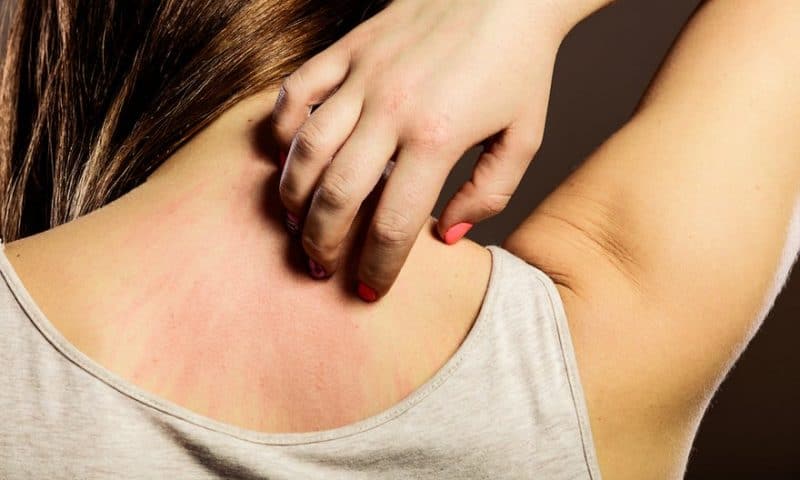A phase 2 trial of Cara Therapeutics’ anti-itch treatment has missed its primary endpoint, sending the biotech’s stock price down 45%. Yet, Cara is forging ahead in atopic dermatitis on the strength of an efficacy signal in patients with mild-moderate disease.
Cara is awaiting a FDA decision on whether to approve an injectable formulation of the candidate, Korsuva, but has suffered setbacks in its push to develop an oral version. A phase 2 trial in chronic kidney disease patients with moderate-to-severe pruritus missed secondary endpoints late in 2019, sending shares in Cara down around 30%.
The failure to hit the primary or key secondary endpoint in atopic dermatitis this week precipitated an even bigger drop in the stock price. After 12 weeks of treatment, none of the three doses of the oral formulation improved significantly over placebo on two measures of itch symptoms.
Failure against the primary and secondary endpoints torpedoed Cara’s stock price but didn’t stop the biotech from plotting out a path forward for oral Korsuva in atopic dermatitis. Cara’s willingness to push on is underpinned by a prespecified analysis of a subgroup of patients.
The analysis excluded the 144 patients with moderate-severe disease, as defined by a BSA of 10% or more, from the dataset. In the remaining 257 patients with mild-moderate disease, Cara linked the oral drug to a statistically significant change in daily Itch-Numeric Rating Scale score. The p-value for all three doses versus placebo was 0.036. The p-value for the highest dose was 0.071.
Cara showed how excluding patients with moderate-severe disease affected a secondary endpoint, too. In the subgroup, 32% of patients had a four-point or greater improvement on an itch scale, versus 19% of subjects in the placebo group. All treatment arms outperformed placebo numerically but there was a lack of dose response, with the highest dose arm having the lowest proportion of responders.
Joana Goncalves, M.D., chief medical officer at Cara, focused on the perceived positives. “We now have a defined patient group and active dose range for Oral Korusva in which to design a registration program that we expect to discuss with the FDA in the coming months,” Goncalves said in a statement. Investors took a bleaker view of the results.

